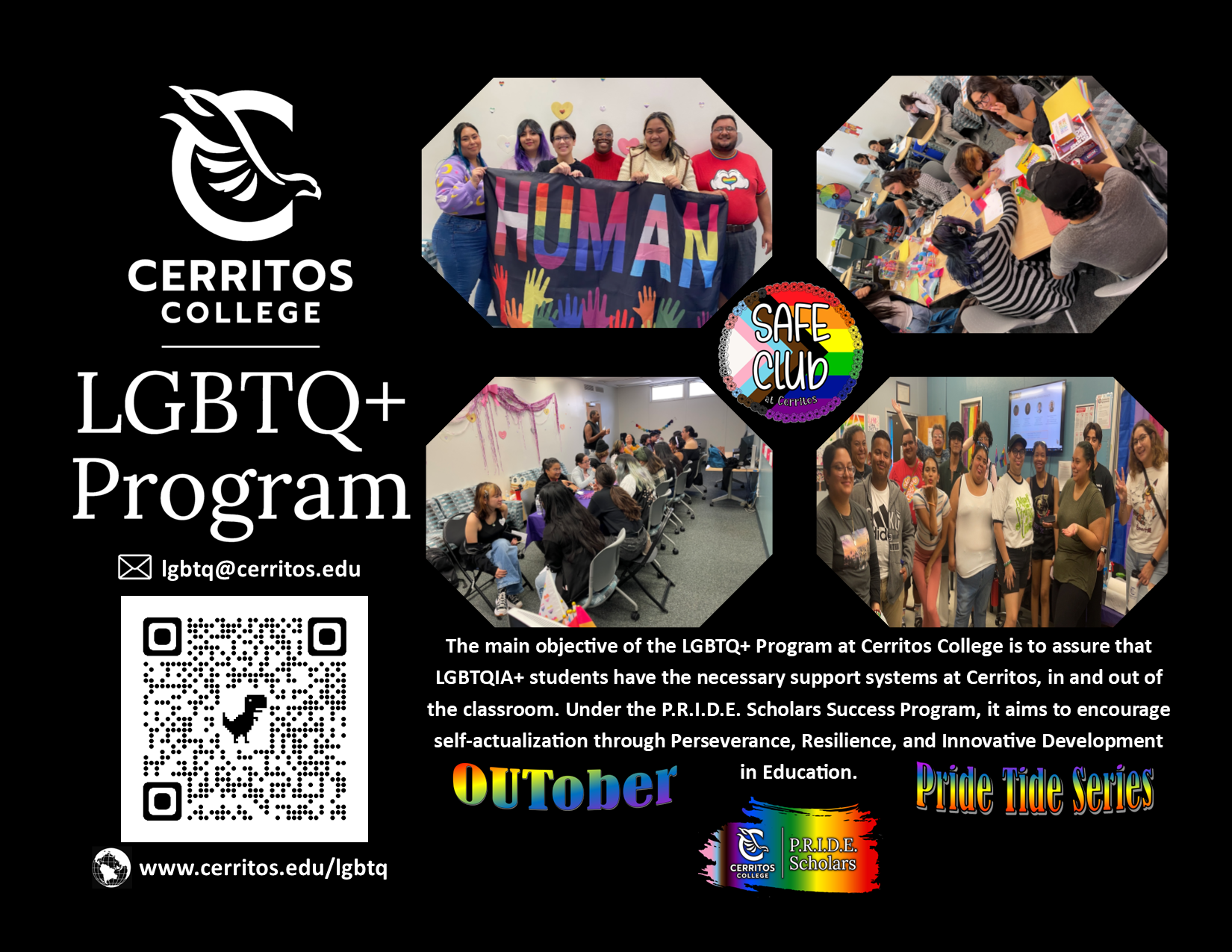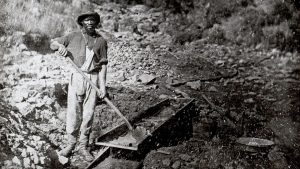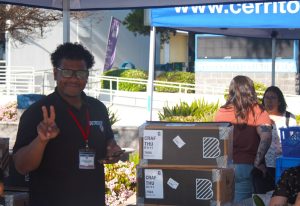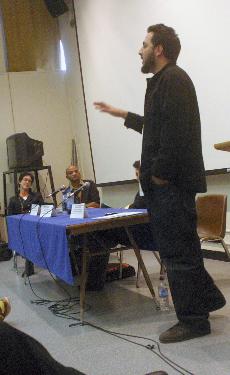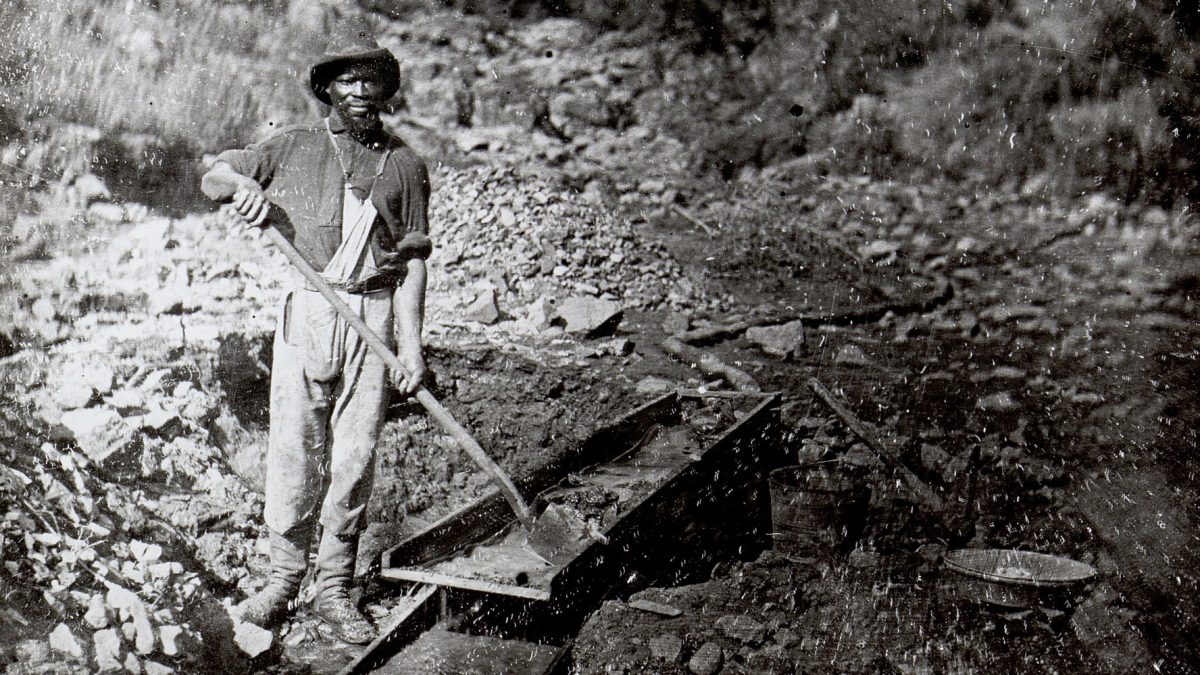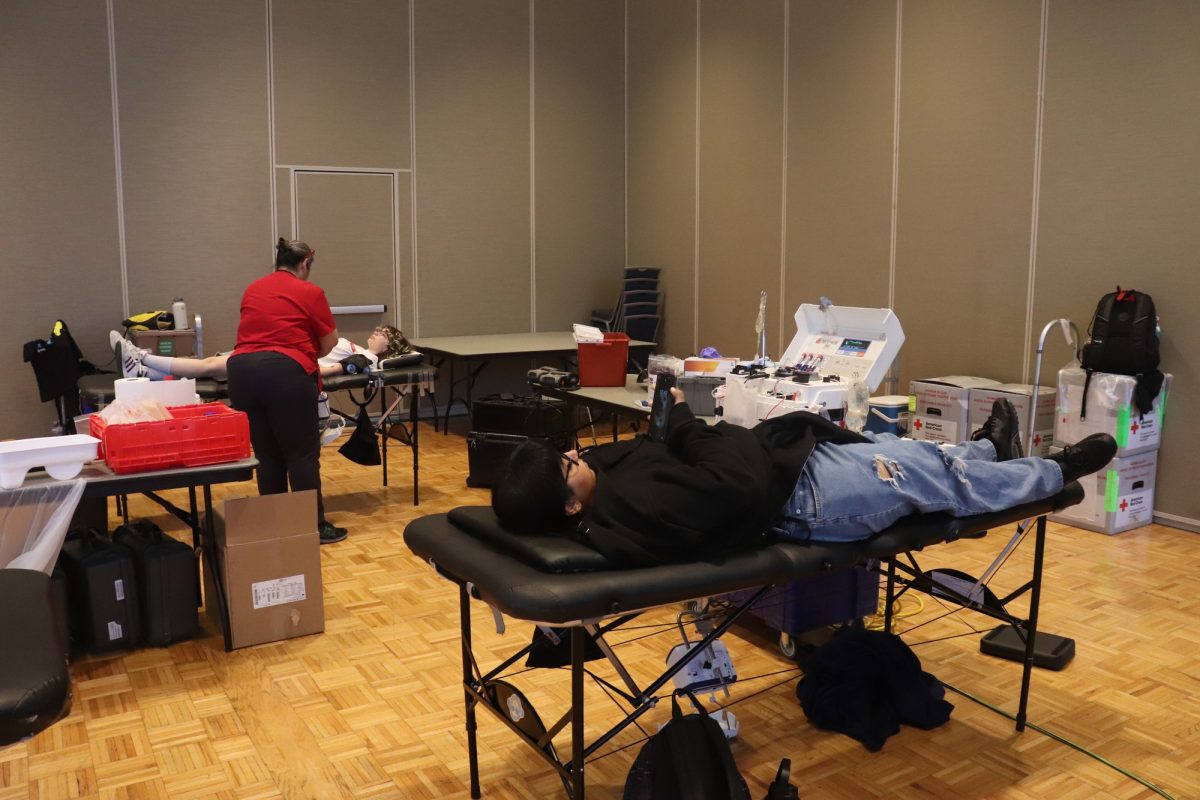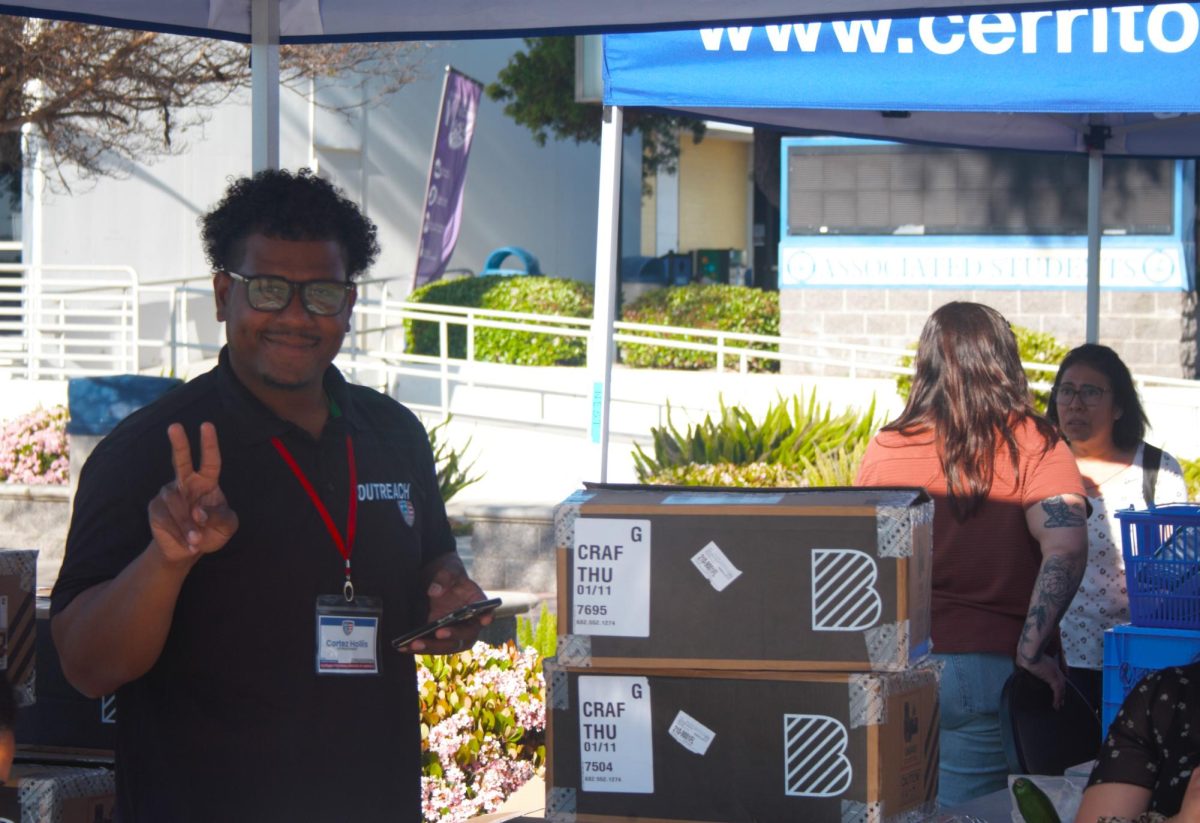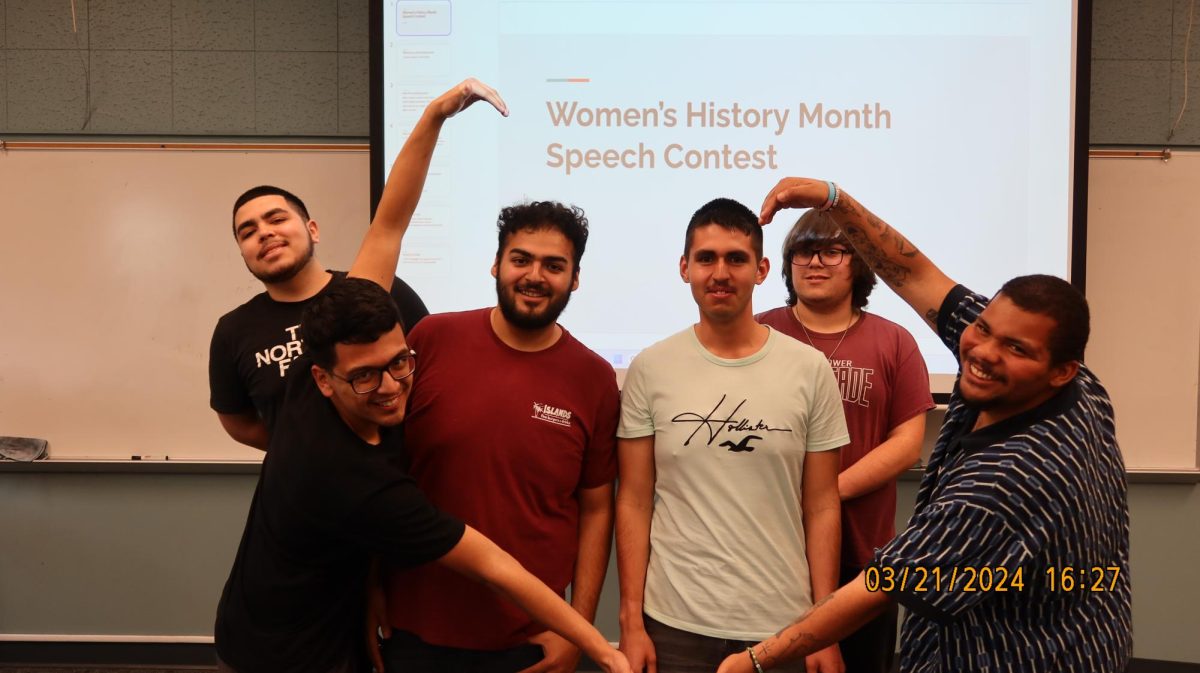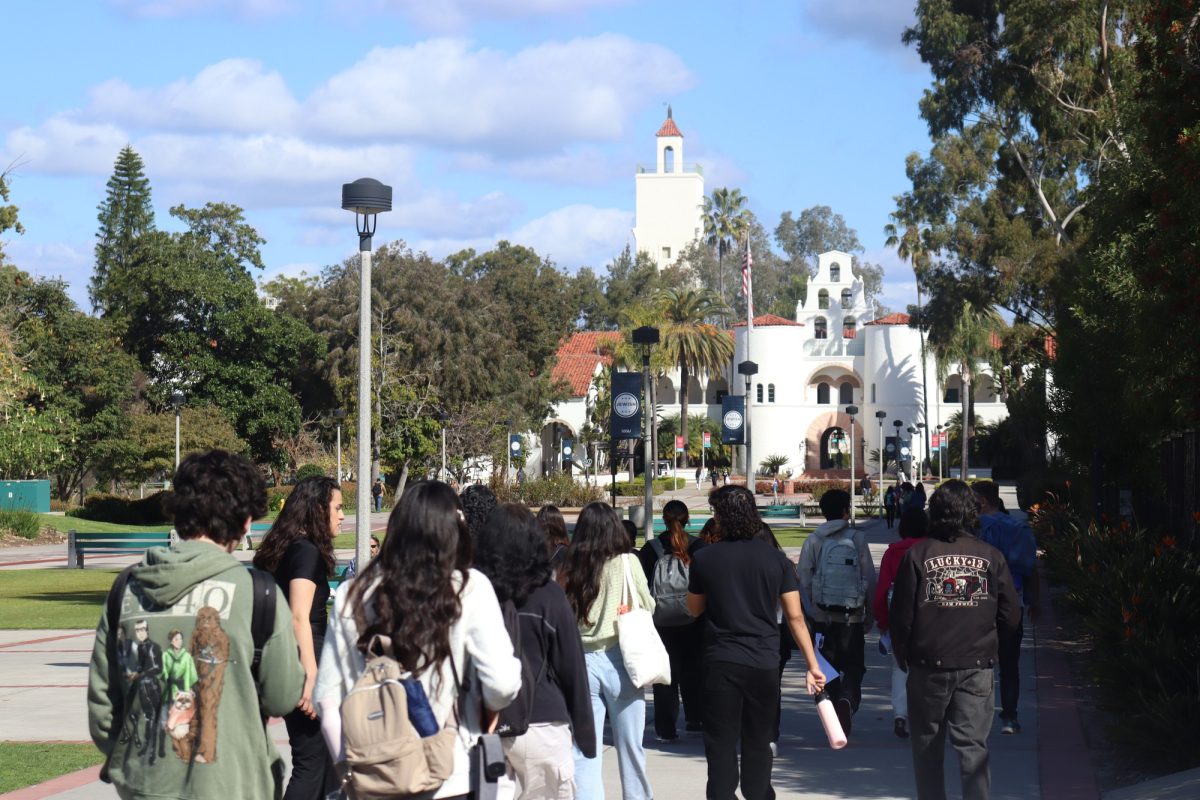“Can hip-hop be considered as feminism rap?”
That question was raised during a hip-hop panel discussion titled, “B***h, H*e, N***a: Gender Representation in Hip-Hop,” as part of March’s Women’s History Month celebration last Thursday in the Fine Arts Building.
The event was organized by re-entry student specialist Esther Choi and Women’s History Month chairperson Diane Keenan and also hosted by arts instructor Julie Trager.
More than 125 students heard the different aspects of hip-hop from the following three panelists: UCLA Assistant Professor Steven Nelson, USC Assistant Professor Karen Tongson and UC Irvine Assistant Professor Sohail Danlatzai
Nelson spoke about how the representation of women in hip-hop has evolved. One example of a rapper that he gave was Queen Latifah and he played her 1989 hit song, “Ladies First.”
He also said that a few of the aspects that hip-hop has represented are both political and self-promotional.
“But not only that,” he said, ” but in the ‘Ladies First’ video there are references to South Africa in its aparthied period.”
Also, Nelson spoke about the usage of photography by Susan Smith titled, “Pinelo-Hipocristy” from 2003.
In the photos, there were six anonymous black men and the fact that they are used has means to get back to the way women has been categorized as just sex objects.
Within hip-hop, he explained the focus has been on the divide between men and women and the luxury and narcissism that the bodies of women are important.
Nelson said that rappers such as Lil’ Kim and Foxy Brown have raised questions on their statistics of music when men are involved and was asked if it was feminism that these artists are doing.
He responded, “Yes it is, because all that those women are doing is trading places with what the men do with their views.”
Following Nelson was Tongson who focused on the queer suburb of hip-hop music with the specific focus on whiteness and used an artist named Melange LaVonne from Los Angeles as an example.
“There is a socialability with hop-hop,” Tongson said, and with LaVonne, what she did was use that as her inspiration for her music.
In addition, she explained that the show “The O.C.” had sued been sued by the city of Riverside because of the misrepresentation of its city as a ghetto area. There has also been a rival between the Inland Empire and Riverside because of the representation.
But Tongson did say that hip-hop is a game and that’s the dangerous part because of the continued desire for queer acceptance among hip-hop artists such as LaVonne.
Tongson had recently interviewed the singer and explained that much of the focus of her music was a critique of the record companies and African Americans. Essentially, Tongson said that LaVonne believed that, “record companies had the power and also made those hip-hop artists pimps.”
Furthermore, in her song, “The Game” LaVonne talks about people educating themselves about the whiteness. Tongson said there will still continue to be an obsession with social status among those in the music industry whether you are queer or not.
But it wasn’t about sexuality or gender that Danlatzai spoke about.
Instead, it was about race and the 1965 Moynihan Report that was conducted by Daniel Patrick Moynihan. Within the report, it stated that black men should join the army to recapture their manhood.
He wasn’t the only one who was looking in the state of the black community, Danlatizai explained, and hip-hop has also become something else.
“Hip-hop is looked upon as the whipping boy of society.” The reason is because of materialism. “Take the Superbowl for example; it has commercialized the female body.” The relation of gender and race exists, Danlatizai concluded.
Afterward, Cerritos students and faculty said that it was an eye-opening experience about the popularity of hip-hop today.
Brandon Picou, communications major, said that the discussion was enlightening. “It provided that there is a movement toward political aspect of the genre.”
He added that he was unaware of the Moynihan Report and its study and will do research on it.
What stood out for Wendy Jackson, physical education major, was the queer aspect of hip-hop and that she had been unaware of the Moynihan Report as well. She said that she too would do her own research on the topic.
Micheal Davis, undecided major, really thought that the event was great and added that all that is in hip-hop now is false.
Board member John Moore was impressed with the turnout and said that events like this to discuss things like hip-hop music was important.
Nelson, Tongson and Danlatzai were all impressed with the turnout and hoped that students who showed up will now have a better understanding of feminism’s role in hip-hop.

